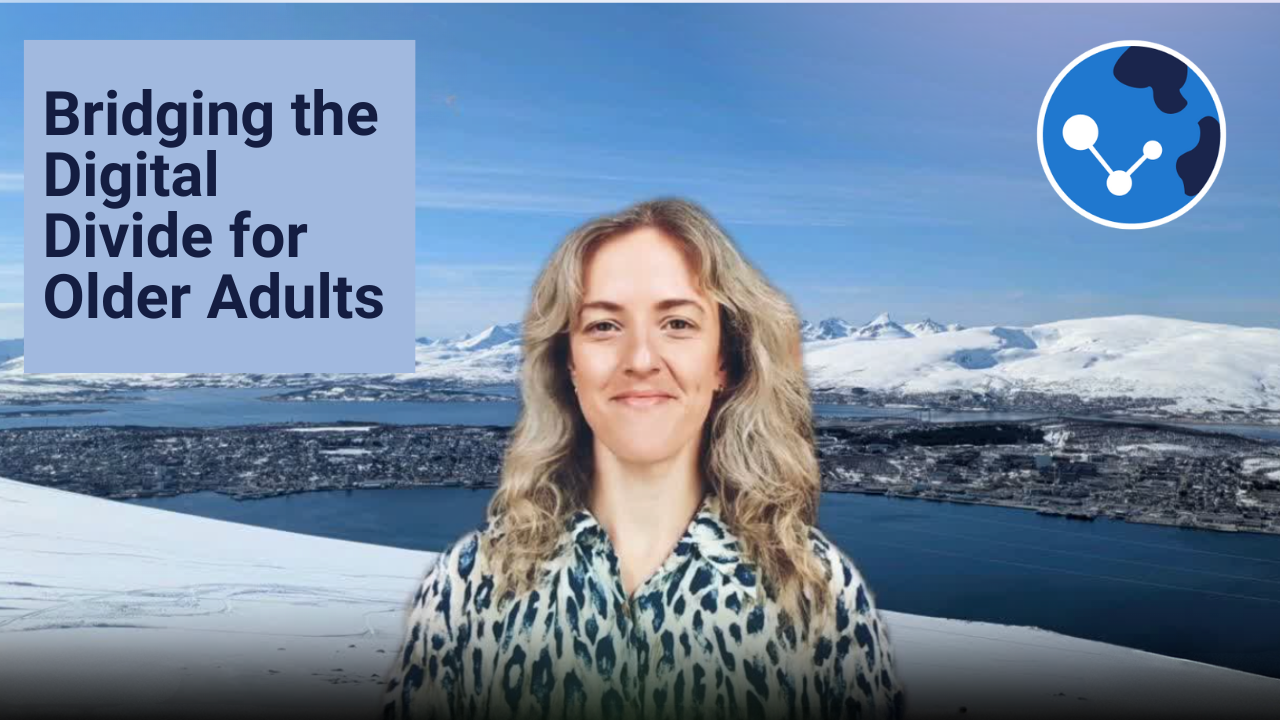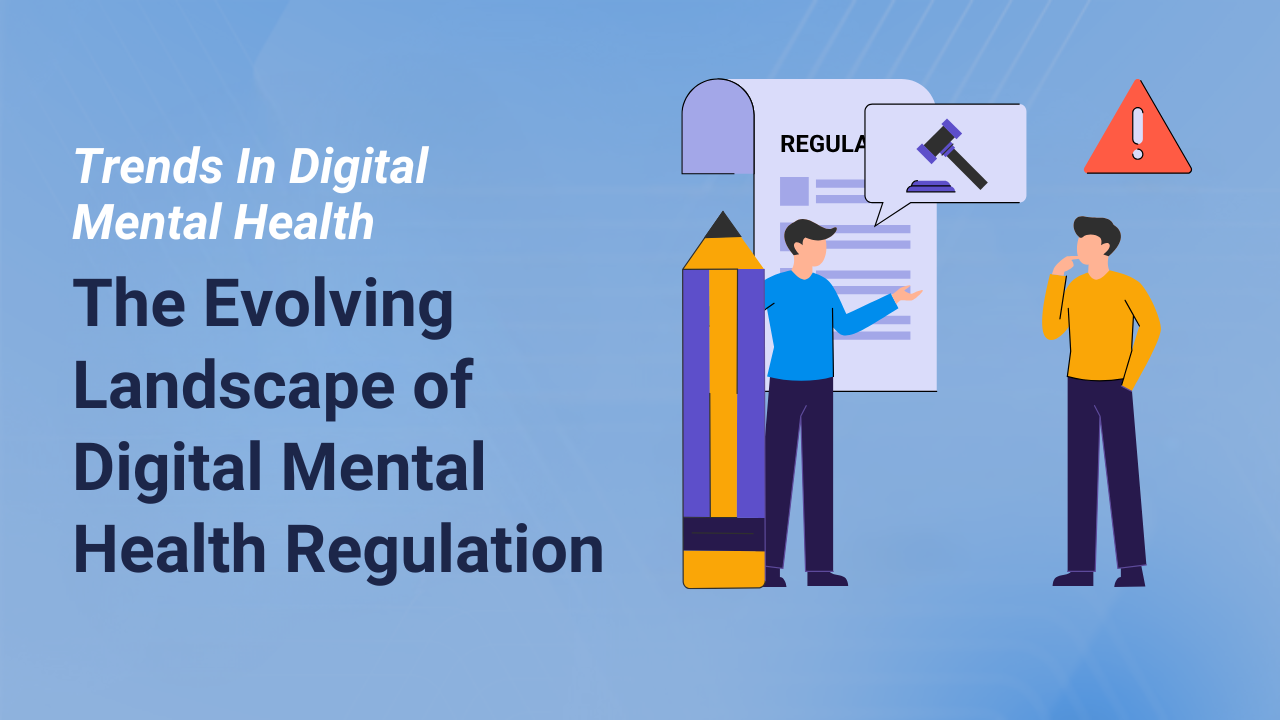Bridging the Digital Divide for Older Adults

Technology is an increasingly critical part of mental health care - but does it empower or exclude older adults? This is a growing concern, as this population often faces unique physical and psychosocial challenges, as well as barriersin accessing advanced technology.
Dr. Sandra Just, an Associate Professor at UiT The Arctic University of Norway, and Jennifer Stanford, MA, of Charité – Universitätsmedizin Berlin and the Psychologische Hochschule Berlin set out to answer this question. In a scoping review published in the journal JMIR Mental Health, they explored the current state of quantitative research on digitalized treatment options for older adults with mental illness. Their findings highlight both promising examples and significant gaps.
A Look at What's Working and What's Missing
The review found some wonderful examples of technology being used to help older adults, such as a smart grower app that enables people with dementia to care for plants in their homes, increasing their happiness. However, the study also revealed five major gaps in the existing literature:
- Low Study Quality: The overall quality of the included studies was quite low, making it difficult to draw firm conclusions.
- Limited Modern Technology Research: There was a significant lack of research on newer technologies like artificial intelligence (AI) and virtual reality (VR) in this population. Only 7% of the studies examined these cutting-edge tools.
- Focus on Dementia: The vast majority of the research (58%) focused on dementia, leaving a significant gap in knowledge for other mental disorders.
- The "Digital Gray Divide": The existing research did not provide a clear roadmap for bridging the "digital gray divide"—the gap in access to and use of technology among older adults.
- Ethical Considerations: There was limited discussion of ethical issues such as data privacy, data security, and the importance of maintaining human connection in a digital context.
The Call for More Inclusive Research
The findings of the scoping review are a clear call to action for the digital mental health community. Despite the immense promise of technology to reduce inequities, older adults are still largely being left out of research on the newest and most beneficial technological advances.
The authors’ conclusion is that we need to conduct more inclusive research that takes older adults with mental illness seriously. They deserve the same access to technology and innovation as everyone else. The team chose to publish their work with JMIR Mental Health due to its reputation for high-quality publications in the field of digital mental health.
Curious to learn more about how we can make digital mental health more equitable for older adults? Watch the video to hear Dr. Sandra Just discuss the study, and read the full research article to explore the detailed findings.
Subscribe Now


